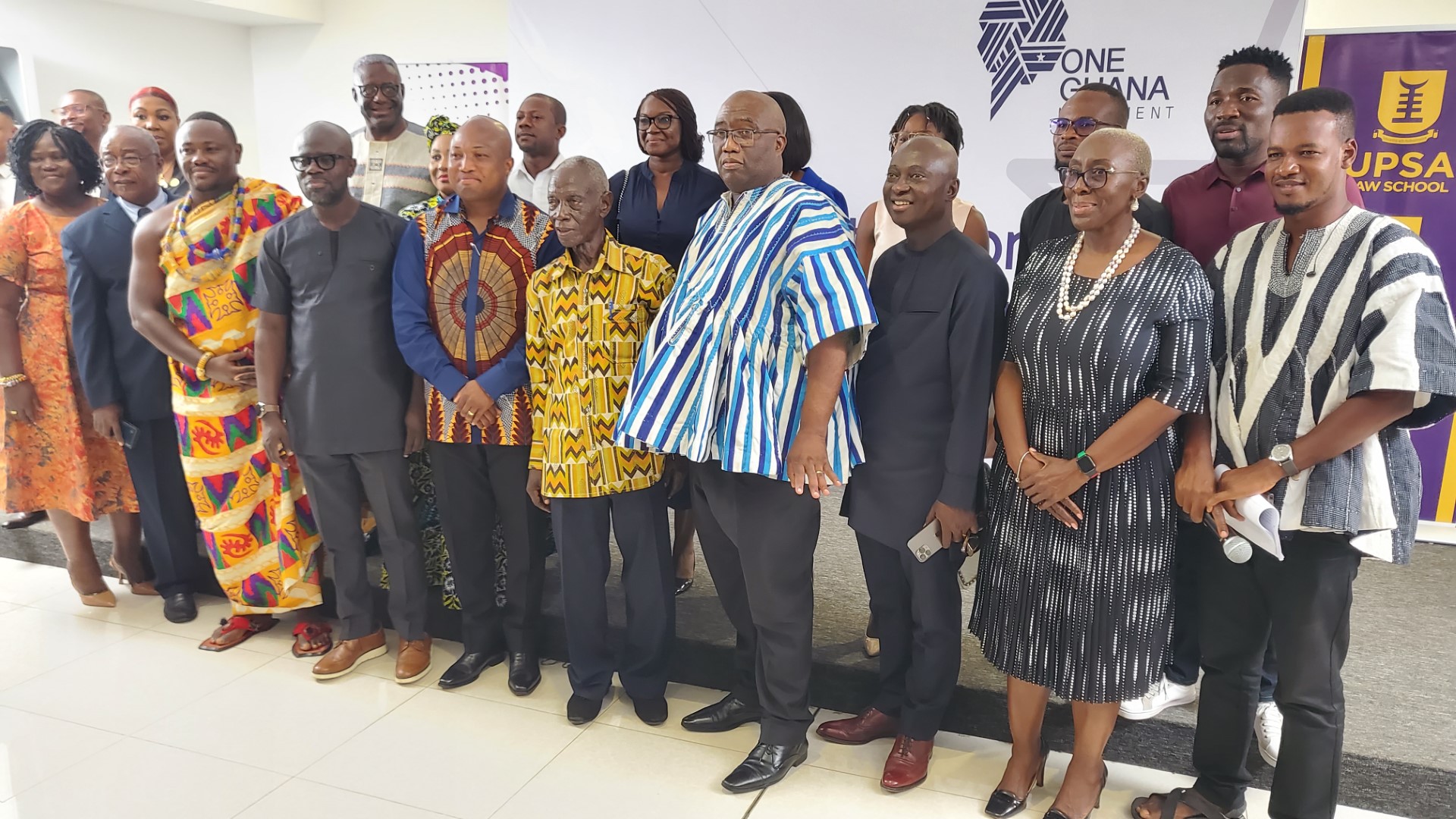
He further identified the inability of Ghanaians abroad to vote and the sponsorship of candidates by political parties at the district level, contrary to the laws, as undermining the electoral environment and thus weakening democratic institutionalization in the country.
The institutionalization of electoral democracy, according to him, was the “ability of Ghanaians to genuinely and freely choose their leaders by their votes in democratic elections”.
TAD V
Mr Afari-Gyan was speaking at The Accra Dialogue (TAD) V, which was organised by the Institute of Law and Public Affairs (ILPA) of the Ghana Institute of Management and Public Administration (GIMPA), with the support of the Friedrich Ebert Stiftung, Ghana.
The TAD V recently organised a dialogue on the topic: “Consolidating Ghana’s Democratic Governance. The role of the Electoral Commission”.
Restrict money
“Ways must be found to restrict the role of money in elections. It is now common knowledge all over the world that the unbridled use of money in elections makes it possible for moneybags, irrespective of the sources of their money, to hijack the electoral process to the detriment of genuine competition,” Dr Afari-Gyan said during his presentation.
He stated that it was also becoming the norm for politicians to make many promises in their election campaigns.
“Promises can easily become millstones around a politician’s neck,” he explained.
Dr Afari-Gyan mentioned that the rise in vigilantism on the political landscape was also not a healthy development for the conduct of free and fair elections, or for politicians themselves.
“Maintaining peace and order and protecting citizens is the work of the police,” he stated.
Review
Reviewing the legal framework, the tasks and the EC’s partnerships with political parties through the Inter-Party Advisory Committee (IPAC), the police, civil society organisations, the Judiciary and the media in his presentation, Dr Afari-Gyan said: “In my view, then, the Electoral Commission has a sound legal framework, as well as adequate operational capacity to function well. So we can say that in principle, it is well positioned to pursue the agenda of consolidating electoral democracy.”
Listing five tasks of the EC that he considered pertinent to the consolidation of democracy in the country, Dr Afari-Gyan stated that getting the register right, establishing a robust electoral system, educating the people, protecting the interests of both the voter and the candidate and the building of partnerships were critical.
“Overall, the fact that since its inception to date, the EC has held successive elections without any major disruptions in our society will suggest that the commission has done reasonably well towards consolidating electoral democracy,” he indicated.
“I hope, however, that this summary appraisal does not create the impression that all is well with our electoral environment,” he disclosed.
The former chairperson of the EC was of the view that curbing the practice of political parties sponsoring candidates at district-level elections, which was against the law, could be achieved by opening up elections to political party competition at the district level on proportional representation basis. Read Full Story


















Facebook
Twitter
Pinterest
Instagram
Google+
YouTube
LinkedIn
RSS